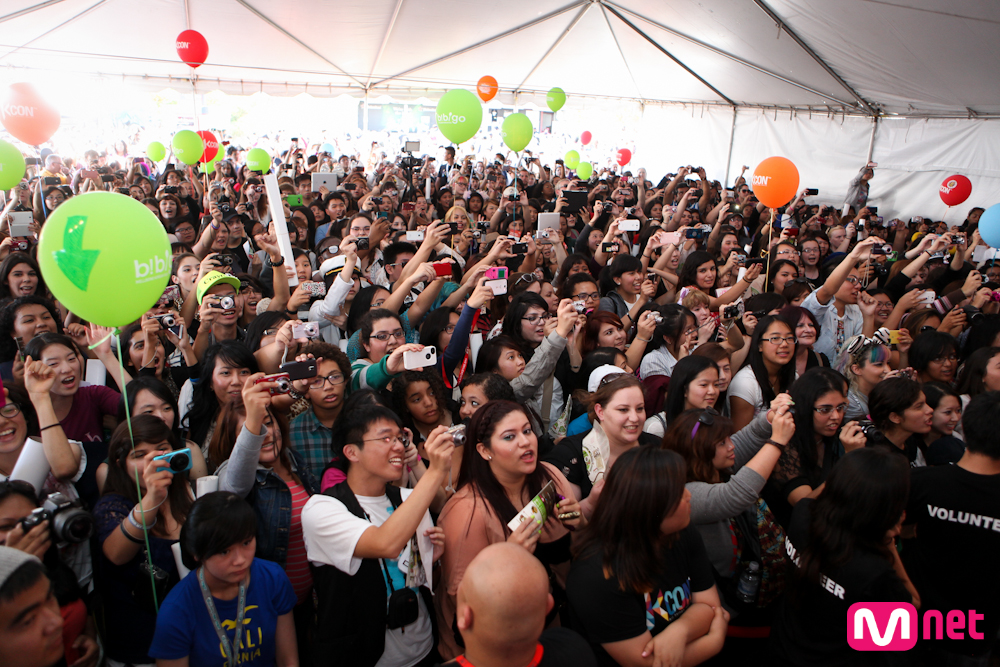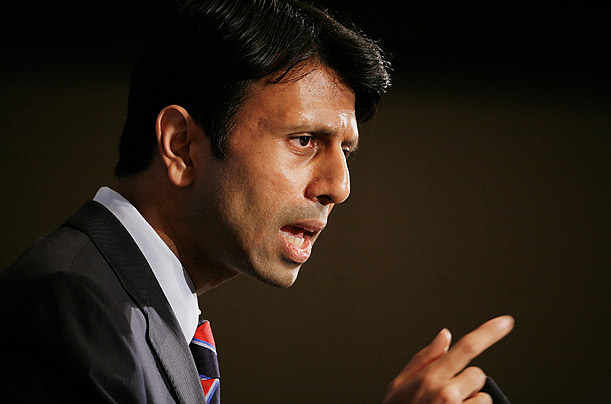I first became interested in Kpop with the release of DBSK’s Hug in 2004. Like any young fangirl, I blew up my social media sites with pictures and videos of my newfound love. At the time, however, I received an overwhelming amount of criticism from friends:
“But you’re not Korean?”
“Why are you into this? You don’t even speak Korean.”
“Korean music is really weird.”
“But you don’t understand what they’re saying.”
Fast forward 9 years and the rise of Kpop has become a world-wide phenomenon. The very same people who questioned my interest towards Kpop were jamming to Big Bang and now criticizing me instead for not hearing the latest song a week after its release.
The point is, times have changed and this weekend was quite the eye opener. I realized that a lot of my non-Korean friends were fans of Kpop, but when a Korean co-worker said, “Most of the hardcore fans are not actually Korean Americans,” I assumed she was joking.
I was obviously proved wrong.
This past weekend was the 2nd annual KCON- a Kpop music festival held in the United States which presents an opportunity for American fans to come together and share their love for Korean Music. I expected the crazy fangirls, the intense cosplay, the neon-colored fan signs, and the korean food galore. What I didn’t expect, and was pleasantly surprised to discover, was the cultural diversity of the event.
Upon entering the festival, I was met with a sea of color. No, not the bright pink Mnet bags and the neon green Bibigo balloons. The palette of ethnicities was beyond impressive. Because of my initial experience with Kpop, I had expected this festival to largely consist of Koreans along with a handful of Pan-Asians. I assumed that I would meet the same criticism that my friends initially gave me about not being able to understand the language, but a visit to the dance workshop area proved otherwise.
The stage was covered with Caucasians, Latinos, African Americans, and various other non-Asian folk. Not only did East Asians show their presence, but Southeast Asians and South Asians did as well. Fans who clearly stated they were not Korean were singing every single word of their favorite songs and impressively showcasing the intricate dance moves to these songs. Yes, these fans took time out of their lives to memorize lyrics to Korean songs without actually knowing Korean. Now that’s dedication.
The more time I spent at the festival, the more I came across cultural diversity. I came across a Caucasian man (well into his 30s) who excitedly purchased a heart-shaped fan with the pictures of 2am printed on it. I came across a group of Latina girls sporting G-Dragon hats, shirts, and even sneakers. I came across a non-Asian boy (who couldn’t have been older than 12) perform the choreography of Growl so well that even EXO would have been impressed.
I came out of this KCON experience realizing that the beauty of this festival was not in the performers and the pretty concert. The beauty was in the fans who attended. Never once was anyone criticized for their racial background or their inability to speak Korean. This was a place for fans, whatever color that may be, to get together and celebrate their fandom. This was a place where it didn’t matter where you came from and how you looked — you were accepted because you loved the same thing.
As Korean American rapper, Dumbfounded, mentioned during his panel “Asian Americans in Hip-Hop”, Kpop is special because of the different kinds of people it can bring together. Clearly, Kpop should be applauded for the array of fans it has been able to captivate.
Good job, Kpop, you’re doing it right.







